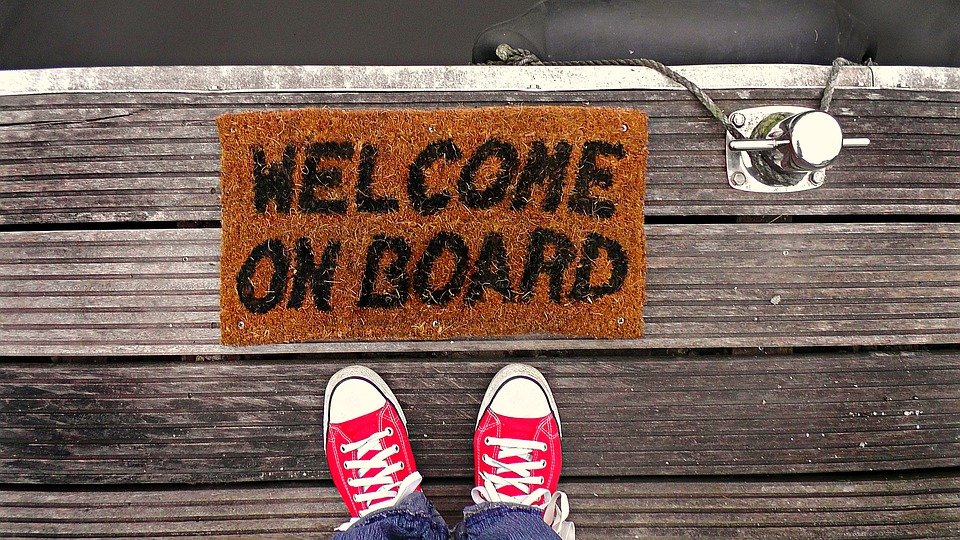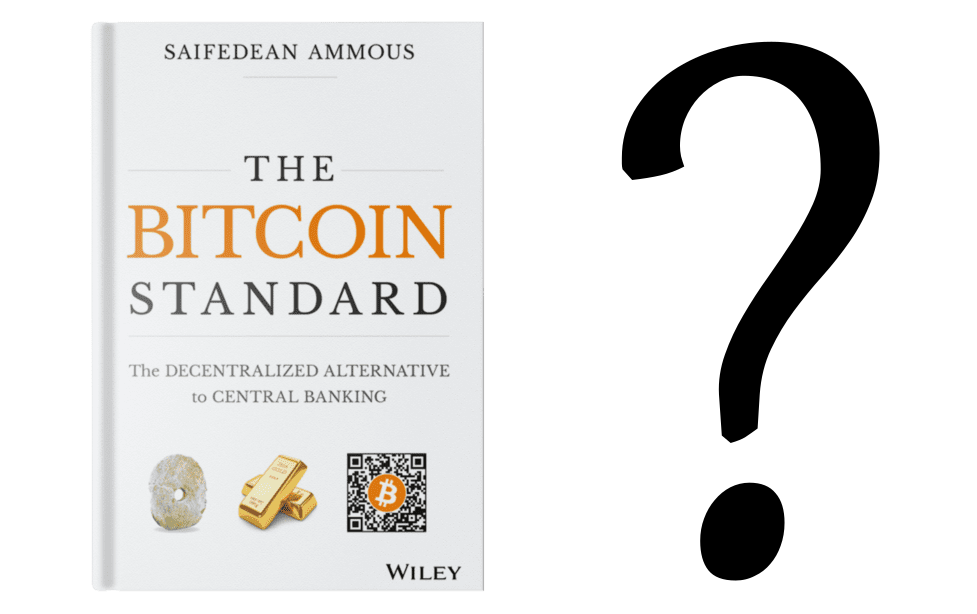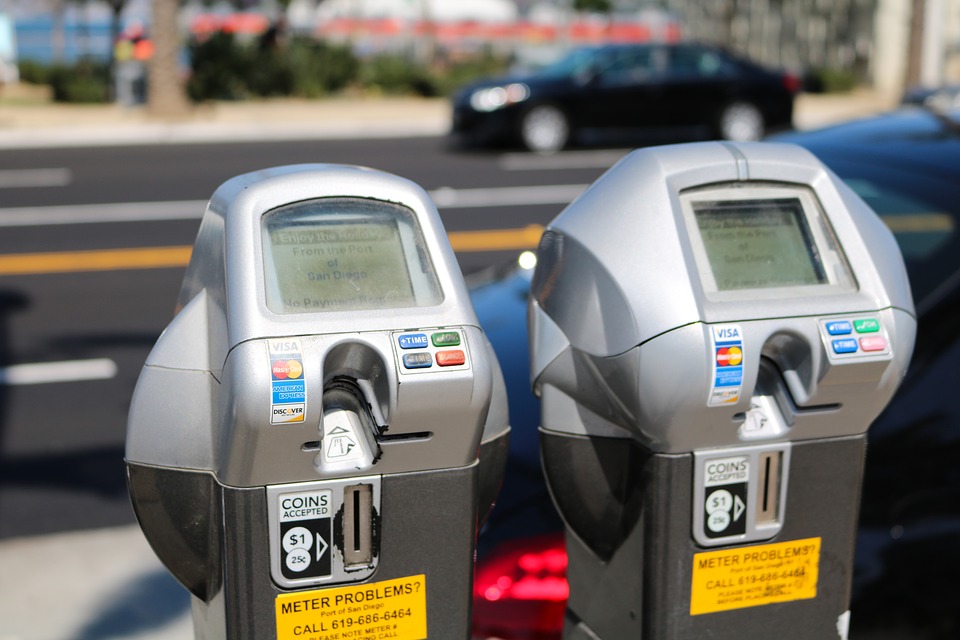
In a recent episode of a Monero Talk (https://www.monerotalk.live/keith-weiner-on-crypto-vs-gold), Keith Weiner made the claim that crypto is like a coat-check claim with no actual coat to back it up.
This is a common statement from people who are fans of precious metals, or generally skeptical of cryptocurrencies. But I believe it is a misunderstanding. Cryptocurrency tokens (the few good ones at least), do represent a real, valuable commodity. That commodity is access to the network within which that token is accepted. If you want to use the established and thriving Monero network (or whatver network you prefer) in order to send and receive payments, there is only one way to do it: you must possess the tokens which are native to that network. You cannot send US dollars over the Bitcoin network. You cannot send Bitcoin over the Monero network. If you want to use the network, if that gives you value, then you must possess the token. That’s what makes the token itself valuable. In the same way that a telephone handset is useless without a functioning telephone network, the private keys to a bunch of Monero tokens are useless if the Monero network has gone defunct. But the Monero network is not defunct. People keep running nodes, people keep mining transactions. People find it useful. Being able to send payments this way creates value in their lives. For a recent example, when all other methods failed, they could use the Monero network to send funds to support the Canadian truckers.
- Fiat money failed, because bank accounts were frozen by order of the Canadian government.
- Bitcoin and other clear-ledger coins failed (at least partially), because the donations were traced to the truckers and exchanges were ordered not to deal with those addresses.
- Gold and silver failed (partially) because they just aren’t practical for donors who wanted to support the truckers from a long distance away.
If you were determined to support the truckers financially, how could you do it? I can’t think of another way besides using an effective privacy coin. Of those, Monero clearly has the dominant network effect. So right there, we see that there is demand to use the network. And if there is demand to use the network, then there is necessarily demand to hold the native token.
On the other hand, Weiner has a point (made at the very end of the interview). The Etherum DAO hack/reversal demonstrates that when the stakes are high enough, the community around a cryptocurrency may take a collective decision to alter the ledger. The principle is 1 CPU (or ASIC), 1 vote. But that still makes it a voting system. If the owners of all those CPUs/ASICs are persuaded to take a decision against your interests (e.g. because they are convinced that the network will not remain viable otherwise), then you are hosed.
By contrast, once someone hands you some gold or silver bullion and you leave the area, you are clear. There is no majority consensus that can undo the transaction. That is a reasonable objection for a gold bug to make against cryptocurrency. A consensus based on proof-of-work is still a consensus, just as much as a consensus based on something like proof-of-stake. A consensus is just an opinion, and opinions are able to be changed.
This is a good reason not to put ALL your eggs in the crypto basket, and definitely not to put them all in the basket of any ONE crypto.


